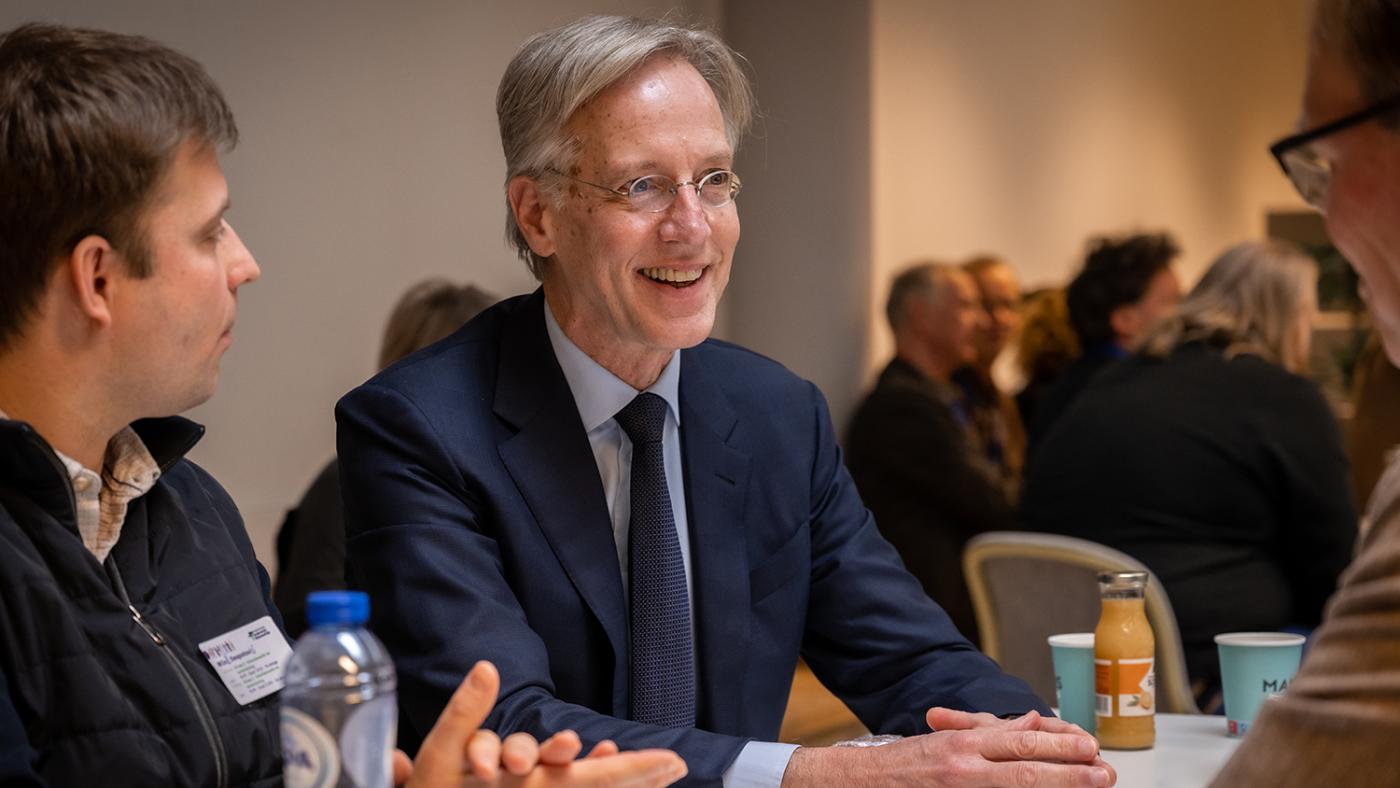And they want it fast
Ministers want insight into corporate payments to doctors and professors

The past years have seen regular news reports on businesses buying influence in scientific research. For instance, a professor in Amsterdam was secretly paid for years by the real estate sector to research tax exemptions for said sector. Other professors were criticised over undisclosed ties to the fossil industry or the hydrogen lobby. In Zwolle, a criminal investigation into doctors who kept their financial ties with the medical industry secret has been ongoing since 2022.
This kind of "external" influence is a cause of concern for the ministries of Education and Health. Last week, they told the Senate and the House of Representatives that they’re expecting greater transparency in the time ahead.
Minister of Education Robbert Dijkgraaf is putting his trust in the sector itself. He writes to the Senate that he’s expecting “external funding of ordinary chairs to be disclosed this month”. He agreed with the association of Dutch universities, UNL, that the institutions would do so.
Healthcare
Minister of Medical Care Pia Dijkstra has long passed the stage of believing in self-regulation, she wrote to the House of Representatives. She announced legislation obliging doctors and healthcare researchers to request permission from the Executive Board before taking on a side project for the medical industry.
This would give the board a better overview of the financial flows within the hospital. The minister deems that necessary because the current Transparency Register for hospitals and the medical industry is incomplete. Dijkstra is working on a bill making participation in this register compulsory. Doctors and researchers would then have to report any received funds exceeding five hundred euros.
The searchability of the register isn’t up to scratch either. For example, you can only find a doctor if you know their BIG number (a basic registration number for healthcare professionals, Ed.) or the Chamber of Commerce number of their company. Even that needs improving, as the names and full details of healthcare providers will be included in future.
No names
Names do not always appear in the registers published by universities either. Last year, they put lists of financiers of endowed professors online. Only five universities state the names of the chairs occupied by these professors.
This makes searching more difficult. Scientific publications often only include the professor’s name. If you want to run a Google search of research co-financiers, you won’t find their names on the lists of the universities in Delft, Maastricht, Rotterdam, Tilburg and Utrecht, a survey by news agency HOP reveals.
Universities published the lists at the insistence of the House of Representatives, which was worried about the independence of scientific research because of the significant number of professors employed by companies or "loaned" to universities for one or two days a week.
Ordinary professors
The House of Representatives also wants to know if public funds are going to ordinary professors. Last year, universities complained to the ministry about not knowing the exact definition of "public funds". For the sake of clarity, they’ve now agreed to also disclose the "private" funding of ordinary professors, according to a spokesperson for the Universities of the Netherlands (UNL). Unlike the healthcare sector, universities don’t use a central register, but rather their own websites.